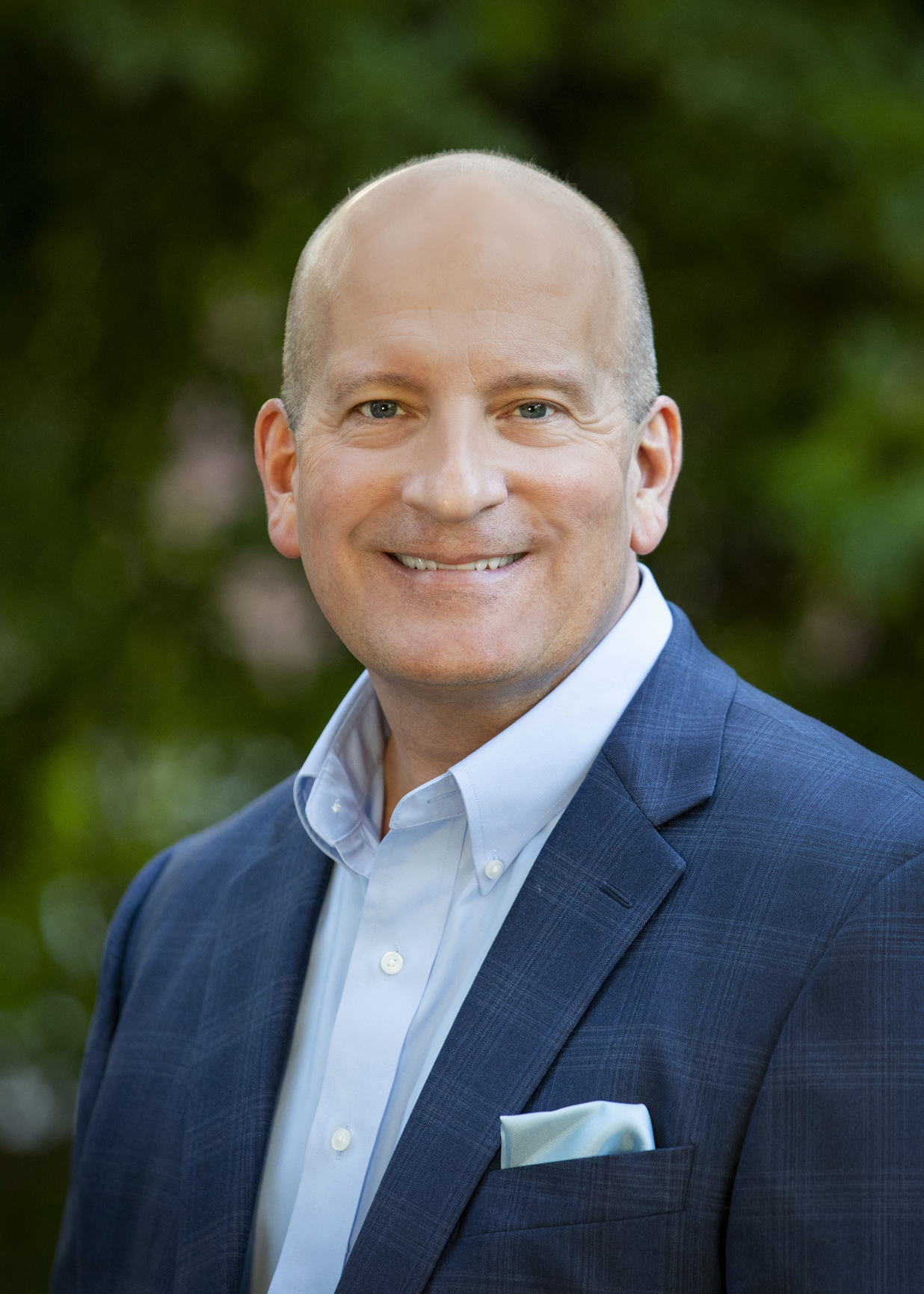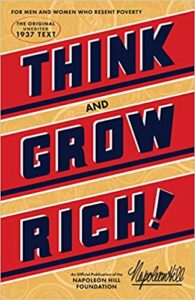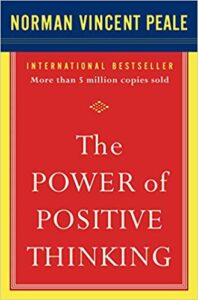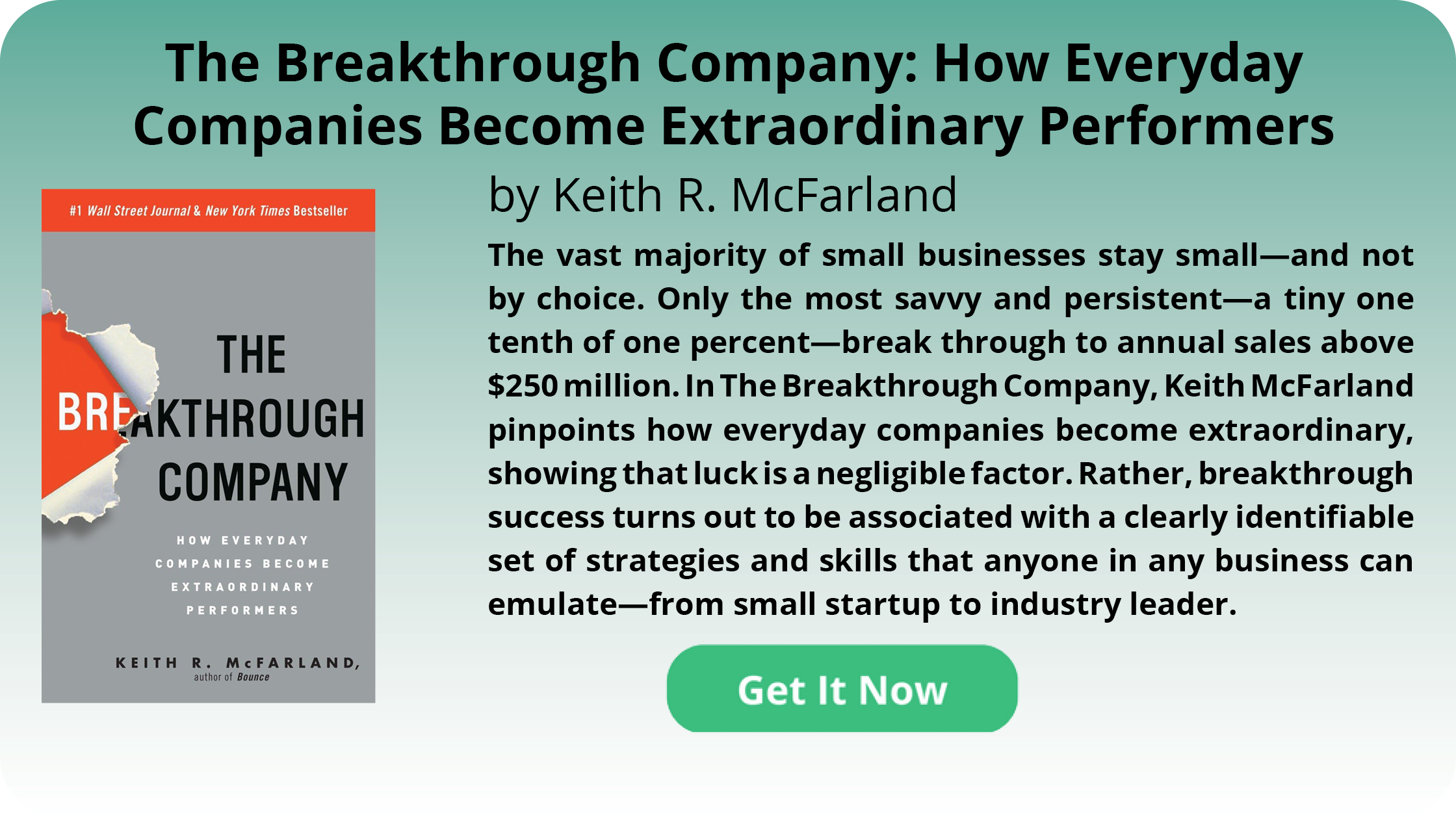The study of “Natural Law” seems to be something of the past. It is surprising that it isn’t really a common topic in high school philosophy classes, and even in college classes. However, for those who are familiar with the concept of “Natural Law”, know that its principles are inescapable within our existence. Understanding it and applying it within our lives can prove to be very beneficial towards our achievements, our relationships, and our happiness. Natural laws affect our lives, even if we are oblivious to their existence. Within it, lies the reason of “Karma”, which is often referenced in our modern day society.
What is “Natural Law” – Natural Law is all around us and exists throughout the Universe, and our natural state is to participate in it. By definition, Natural Law encompasses both moral principles and scientific principles, and we become aware of it in our human reason. From a moral standpoint, natural law creates universal moral standards that are inherent in and discoverable by all of us, are of universal reason, and form the basis of a just society. They exist because our higher power or creator created them when all things were created, therefore, are inescapable, and resisting them or conducting behavior that violates them, proves to be counter-productive or destructive. This is why it may be useful discussing this subject as it relates to our own personal success, as well as the success within our families and professional circles.
It’s also useful to point out that from Natural Law, come our natural rights, which our founding fathers formed the basis of the Declaration of Independence. They were privy to Natural Law, from the Philosopher of their day, John Locke, and other thinkers of the past such as Aristotle, Socrates, Plato, and St Thomas Aquinas.
Aristotle (BC 384 – 322), considered by many the first discoverer, or father of Natural Law, argued that aside from “particular laws, that each individual has set up for themselves, there is a “common law” or “higher law” that is according to nature, and is identified through reason.
Later on, the progression of the study of Natural Law theory continued within the Stoicism school of Hellenistic Philosophy, founded by Zeno of Citium, in Athens, during the early 3rd century BC. A reference in Wikipedia describes Stoicism as a philosophy of personal ethics informed by its system of logic and its view of the natural world. It also states that, as social beings, the path to happiness for humans is found in accepting the moment as it presents itself, by not allowing oneself to be controlled by the desire for pleasure, fear, or pain, by using one’s mind to understand the world, and to do one’s part in nature’s plan, and by working together and treating others fairly and justly.
It’s also useful to mention that the Stoics were especially known for teaching the premise that “virtue is the only good” for human beings. External objects, such as health, wealth, and pleasure, are not bad or good in themselves, but rather, have value as “material for virtue to act upon.”1 Additionally, Stoics stressed that certain destructive emotions resulted from errors of judgement, and they believed people should strive to maintain a will that in alignment with nature, hence natural law. Stoics, as a result, thought the best indication of one’s philosophy was not what a person said, but how a person behaved. For someone to live a good life, one had to understand the rules of the natural order, since everything was rooted in nature.1
- Wikipedia article on Stoicism
Further progress in the thoughts of Natural Law were advanced by Christian thinkers such as St. Augustine and St. Thomas Aquinas. In a writing on Natural Law on Investopedia.com, it mentions that Aquinas argued that God created the world according to natural laws – predictable, goal- driven systems whereby life is sustained, and everything functions smoothly. He argued that natural law and religion were inextricably connected. He stated that natural law participates in the divine eternal law. Eternal law to be that rational plan by which all creation is ordered, and natural law is the way that human beings participate in the eternal law. Also, the fundamental principle of natural law is that we should do good and avoid evil.
Another notable thought leader worth noting is C.S. Lewis (1898 – 1963), who stated – “According to the religious view, what is behind the universe is more like a mind than anything else we know… it is conscious, and has purposes and prefers one thing to another. There is a ‘something’ which is directing the universe, and which appears to me as a law urging me to do right.”
Many other philosophers followed such as Thomas Hobbes, Hugo Grotius, and John Locke. As previously mentioned, John Locke thoroughly argued the principles of natural law. Locke asserted that men in the state of nature, are free and equal, and that liberty to do as they wish – but only “within the bounds of the law of nature.”
Over the years, the principles of Natural Law has been applied into the business and self improvement arena with books such as “The Power of Positive Thinking” by Norman Vincent Peale, and “The Strangest Secret” by Earl Nightingale, The Movie “The Secret” https://www.youtube.com/watch?v=san61qTwWsU, and the book “Think and Grow Rich” by Napoleon Hill.
Identifying and applying Natural Laws in our lives – So how can we apply these principles in our lives, and perhaps educate our family members, some key laws to apply every day. For this I will reference a book I recently read, and is posted on my blog “The Prosperity Paradigm”.
The Law of Vibration and Attraction: Human beings constantly emanate energy via thoughts, words, and actions. Whatever energy one vibrates, they instantly attract people and events in harmony with that dominant vibration.
Within this principle is the law of “sowing and reaping.” – Do not be deceived, God is not deceived: Whatsoever a man sows, that he shall reap. He who sows things of the flesh, from flesh shall reap corruption, he who sows things of the spirit, from the spirit shall reap life everlasting. Jesus (Galatians 6:7)
Another interpretation of this is the Law of Karma – From the mode of truth and goodness comes success, from the mode of selfish desire comes grief, and from the mode of ignorance comes madness and failure.
The Law of Sympathetic Resonance – This is a natural law of science and physics, but it applies to our being and our relationships too. All objects vibrate at specific frequencies, and when brought near another object with similar frequency, cause the second object to vibrate as well. So, like attracts like. Human beings are continuous manifestation machines – We manifest into physical reality, whatever we think, speak, and act (“The Prosperity Paradigm” by Steve D’Annunzio, page 163).
The universe behaves much like a giant magnet. Everything in our universe is energy, in a constant state of vibration. Thought waves are also pure energy that vibrates at a much higher frequency (reference –Briggs & Peat, 1984). Applying this in practical terms, Whatever frequency that we externally send out or vibrate as thoughts, choices, words, and actions – automatically ‘attracts’ people and events to us that match whatever energy we originally sent. When you think negatively, you attract negative people. When a person speaks hatred, they draw hateful people and events into their life.
Also, think of your life as a still pond, and you drop a good rock or a bad rock into the middle of it – That creates positive or negative waves throughout those you encounter, in one way or another, which in effect, transfers onto others and so on. Doing something nice for someone, may have a positive impact on them and who they come in contact with during the day. Happiness and good deeds, breeds happiness and good deeds.
The Law of Creation – You create favorable conditions for reality to actualize. Reality is created through your choices, words, and actions. Mom was correct when she taught you to choose your friends carefully. Also, take responsibility for your actions and your current situation. But, also have a plan of action that is within a positive productive direction.
The Law of Responsibility – For living in a state of higher purposes, responsibility is conscious management of personal power – “I am 100% responsible for every aspect of my life.”
The Law of Repetition – Repetition of an action or statement firmly ingrains it as a habit in the subconscious mind. This is a big concept with the author of the book: “Think and Grow Rich”, Napoleon Hill, which was published in 1937.
The law of repetition also applies to mastering something. If you practice something over and over, and practice it correctly, you will master it. But the law of repetition applies to success habits, or, bad habits. Happy, prosperous people all know a powerful secret – Successful people create successful habits, unsuccessful people don’t. Good habits are developed through disciplined repetition. Once your new good habit is well-developed, it becomes your new normal behavior.
The Law of Attention: Energy flows where attention goes. The only thing that can grow in your life, is that of which you give attention to.
The Law of Synchronicity – there are no accidents, all events are important lessons happening in a meaningful timing. As Dr. Carl Jung explained, Synchronicity is a meaningful coincidence. Good things happen to positive people, that work hard, who do good deeds, develop good habits, and stay focused. As a result there is no way around the natural law of efforts being rewarded. Also related, is the universal law of giving and doing good deeds, is you receive twice as much in return. Perhaps god set up the universe that way. Hence it is better to give than to receive.
The Law of One – There is only one power and presence in the Universe – God – the omnipotent (all powerful), omniscient (all knowing), Omnipresent (always here) source of unfailing love and abundance. In fact, physicists have mathematically proven that our universe is one big cosmic soup of intricately interwoven energy, which is what the masters have been saying from the beginning, from Aristotle, to Plato, to Jesus. All things are connected, whatever you do to others, you are doing to yourself.
This is discussed at great length in the book, “The Prosperity Paradigm”, the author also gives a natural law related motto to live by – Remember God, choose love, and create value for those in your life.
The principles of Natural Law, are extremely valuable to know and live by, and it gives us the truth and the foundation of living our life for the good, being successful, having a purpose, and making a positive difference in the world and on the lives of others.
Steven E. Zeller, CFP®, CExP®, AIF®
Steve Zeller

Steven E. Zeller
Steven Zeller is a CERTIFIED FINANCIAL PLANNER™ professional, Accredited Investment Fiduciary®, Certified Exit Planner, practicing Wealth Advisor, and serves clients nationwide. He has over 24 years of experience within his profession. READ MORE
What Steve Writes About

I write about the latest thoughts and topics that impact high net worth families, individuals, and business owners. The building and sustainability of family wealth and a business is an exciting journey, and I have a passion to help them along the way to grow and thrive.
The latest book that Steve is reading. He reads, all he can, material relevant to the high net worth family and business owners, so that he may pass it onto his readers.







Connect With Steve